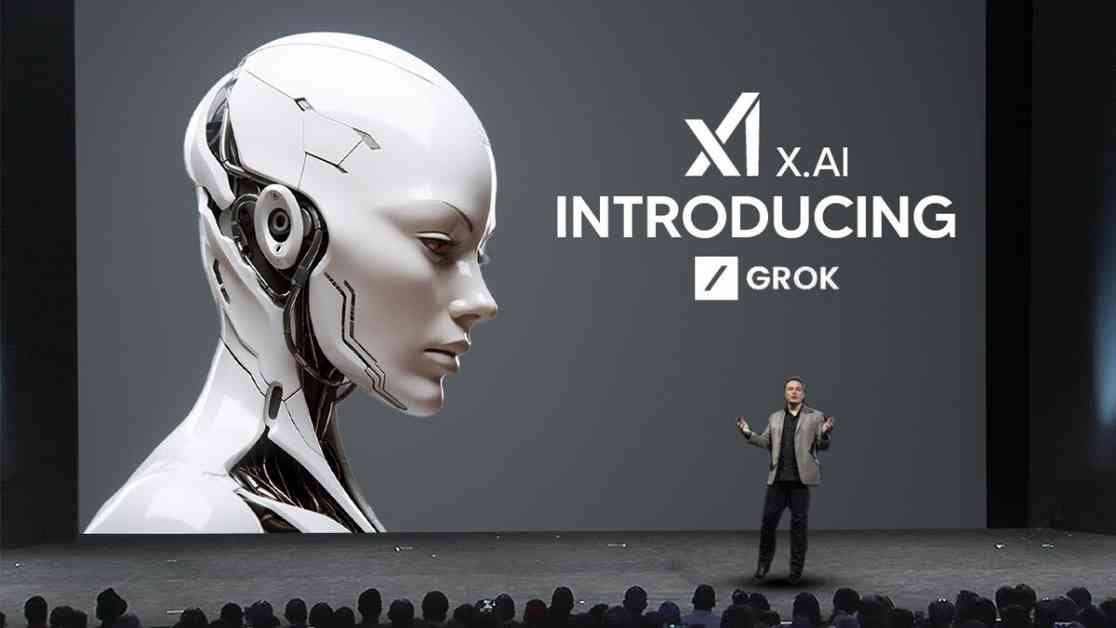A few weeks ago, news broke about a new feature on X, which was activated by default. This feature was the data sharing option, intended to train Grok the Artificial Intelligence with user data. The option to disable it was a bit too well-hidden, according to European regulators, who raised concerns and pressured for change. Elon Musk, along with others, has now agreed that Grok will no longer use European users’ X posts to improve its results. It seems that even the big Tech giants cannot stand up to the commission, not even the very eccentric businessman who tends to disregard rules. The Irish Data Protection Authority had filed a complaint in early August, accusing X of illegally collecting personal data from European users to train Grok. Under the GDPR, collecting data without explicit user consent is prohibited, which was evidently not the case. To disable the option, users had to go through several steps in the web version of the social network, as it was not possible to make this choice via the mobile app. This page also includes the option to delete conversation history, removing any trace of interaction with the AI for those interested, or to learn more about Grok through a lengthy blog post on Elon Musk’s AI.
Grok, developed by Elon Musk’s startup (xAI), became available in Europe in mid-May to all X Premium subscribers. This AI is currently part of the services included in the X Premium+ subscription. At first glance, the interface resembles ChatGPT, but Musk claims his product is superior. Grok will have real-time access to X’s information more directly integrated without the need for search engines, which will undoubtedly be a significant advantage for Grok. The budget allocated by the billionaire may also explain the rapid development of xAI. Musk issued a warning to his network subscribers that Grok would be very impertinent and highly sarcastic, reflected in the responses it provides. The term “grok” is an English slang word meaning to understand deeply and intuitively, reflecting the desired capabilities of X’s AI.
In summary, the recent events surrounding Elon Musk’s compliance with EU data collection laws and the impact of AI on data collection practices highlight the ongoing challenges and ethical considerations in the tech industry. It emphasizes the importance of user privacy and consent in handling personal data for AI training. The regulatory landscape continues to evolve, requiring companies to adapt their practices to comply with data protection laws effectively. As technology advances, the responsible and ethical use of AI remains a critical issue for companies and regulators worldwide. The story serves as a reminder of the complexities involved in balancing innovation with privacy and data protection concerns in the digital age.

















